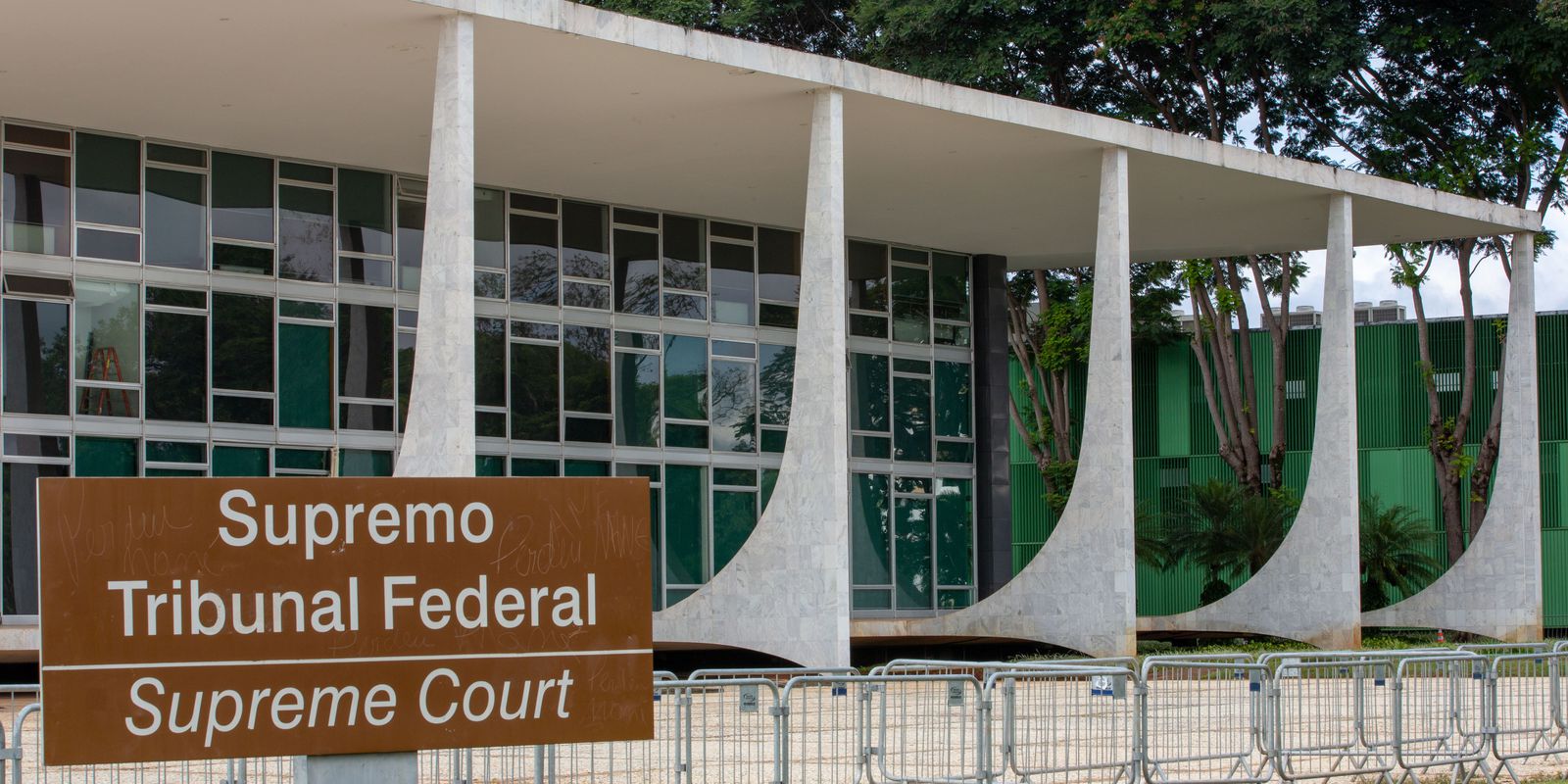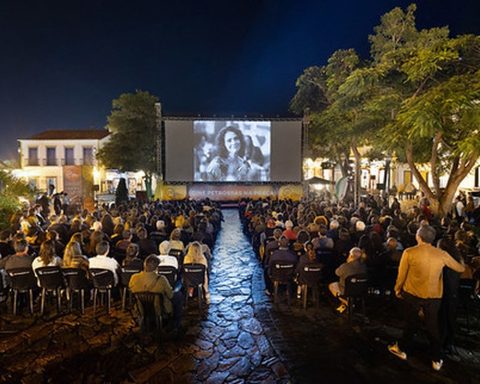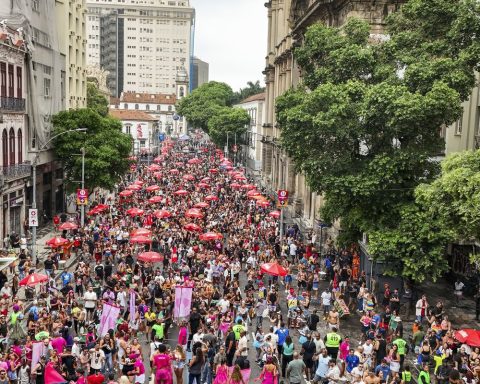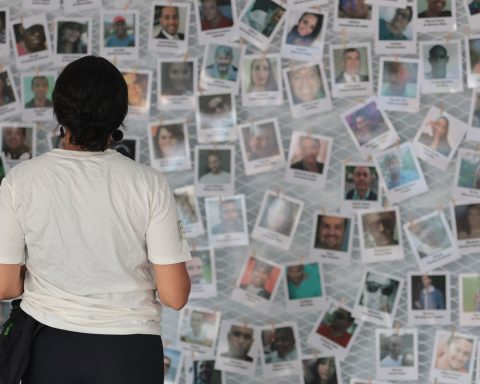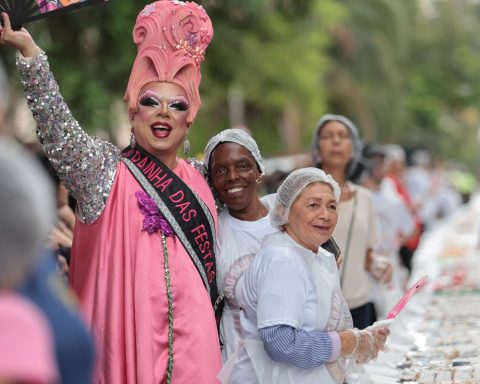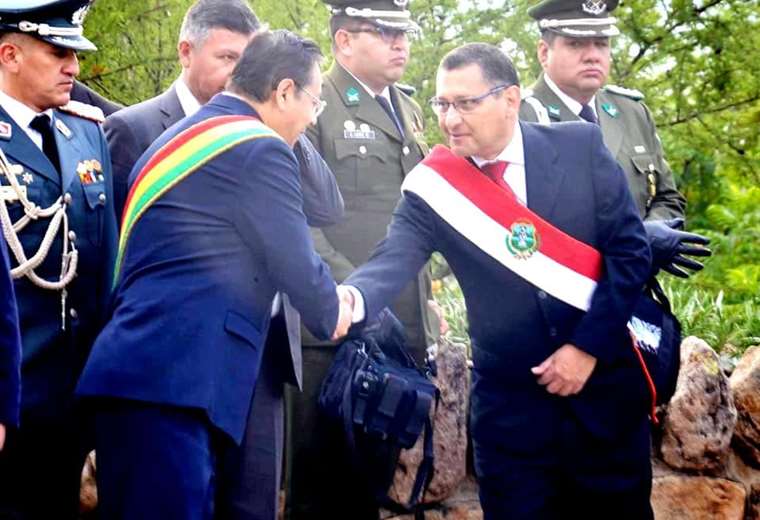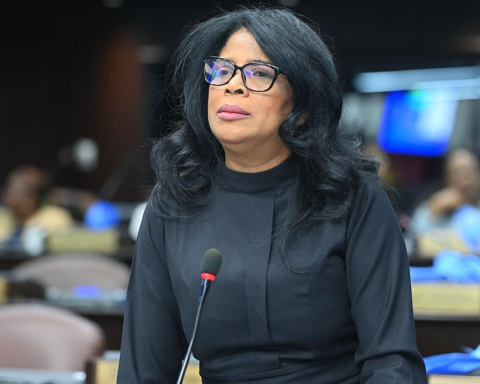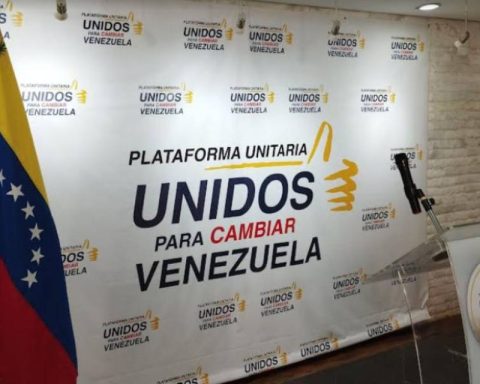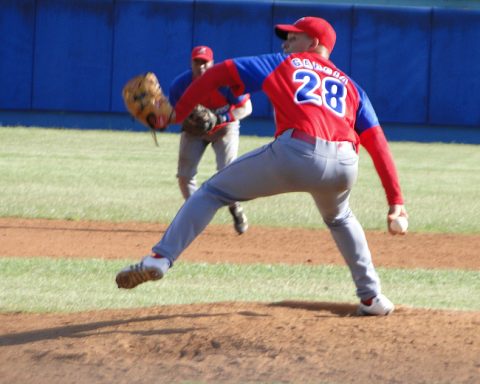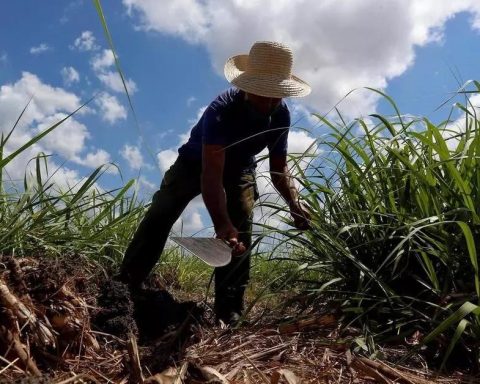The Federal Supreme Court (STF) begins to judge – in the first moments of tomorrow (18) – whether to accept the denunciations against 100 people accused of participating in the coup acts of January 8, the date on which the headquarters of the Three Powers, in Brasília, were invaded and depredated.
The trial is held in the virtual plenary until 23:59 next Monday (24). In this type of judgment, justices deposit votes electronically and there is no in-person deliberation. The defenses of the 100 accused have until 11:59 pm this Monday to send oral support electronically.
All accusations were filed by the Attorney General’s Office (PGR). In all, the body offered 1,390 complaints to the STF. Trial priority is being given to those accused who remain in prison. So far, 86 women and 208 men are still being held in the Federal District penitentiary system for their involvement in coup acts.
criminal action
At 00:00 on Tuesday (18), a report on each of the accused and the vote of Minister Alexandre de Moraes on whether or not to open criminal proceedings against those involved should be released. Then, the other ministers can vote, following or not the rapporteur. The expectation is that the denouncements will be accepted by the ministers of the Supreme Court.
If this occurs, a new stage of procedural instruction begins, with the possible production of new evidence and hearing of witnesses, even at the request of the defenses. Only after that will the eventual judgment on the guilt or not of the defendants take place. There is no set timeframe for this to occur.
The accused are accused of various violations, such as criminal association, attempt to abolish the democratic rule of law, attempted coup d’état, incitement to animosity by the Armed Forces against constitutional powers, depredation of listed public property and incitement to crime.
So far, the PGR has filed complaints taking into account three groups of offenders: those who invaded and vandalized public buildings; those who camped in front of the Army Headquarters to incite the Armed Forces; and the authorities who supposedly omitted themselves in the face of events.
Controversy
The analysis of cases through the virtual plenary was a solution found by the rapporteur, Minister Alexandre de Moraes, and by the president of the STF, Minister Rosa Weber, to handle the large volume of processes.
The situation is unprecedented for the STF, which had never before been responsible for directly judging such a large number of people involved in a single episode. Such proceedings remained at the highest level of Brazilian Justice because they involved crimes committed within the seat of the court, which attracts the competence of the Court, as provided for in its internal regulations.
One of the main challenges is the individualized treatment of the accused, a right guaranteed by the Constitution. The PGR, for example, filed complaints with identical excerpts, in the case of people accused of the same crimes. The procedure causes controversy in the legal community.
In a report on anti-democratic acts, the public defenders of the Union and the Federal District defended, for example, that collective accountability is contrary to the national legal system.
The PGR defends itself by stating that, despite the similar wording, each complaint is the result of an individual analysis of the evidence relating to each accused. The body claims to follow what the doctrine calls “reciprocal imputation”, in which the participants of a circumstantial group of people respond together.
The criticisms of the complaints presented so far led Minister Alexandre de Moraes, rapporteur of the case at the Federal Supreme Court, to guarantee in plenary, in March, that each defendant will be treated individually.
“The Federal Supreme Court is analyzing it in detail and individually so that, quickly, those who committed a crime are held accountable under the terms of the law. Those who committed a lesser crime will have a lighter sanction, those who committed a more serious crime will have a more serious sanction,” said Moraes.
